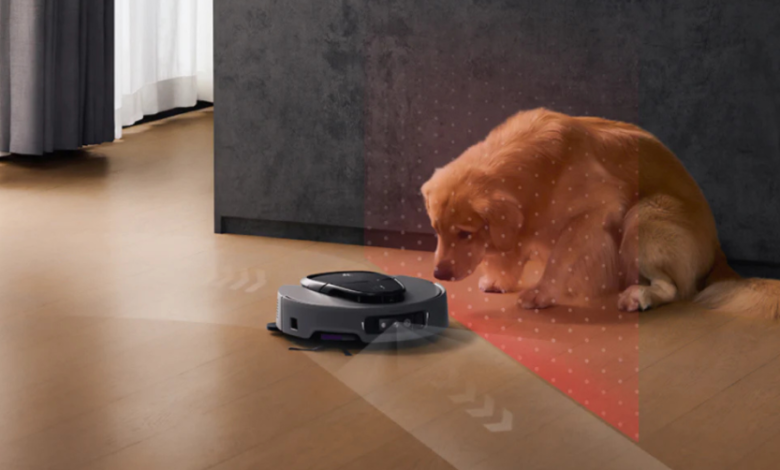Battery Technology in the Best Robot Vacuum: Li-ion vs LiFePO4 Explained

Modern robotic vacuum and mop systems have changed from simple cleaning tools to smart home devices. Battery technology is very important for their performance because it affects runtime, charging speed, lifespan, and safety. The best robot vacuum often relies on advanced batteries to clean longer, maintain strong suction, and move efficiently across different surfaces. Understanding the differences between Lithium-Ion (Li-ion) and Lithium Iron Phosphate (LiFePO4) batteries helps to evaluate how well a robot vacuum will perform in real-world conditions, including a robot vacuum for carpet, and how long it can stay reliable over time.
The Energy Density and Performance Characteristics of Li-ion Batteries
Li-ion batteries are common in robotic automatic vacuums because they can store a lot of energy in a small and light body. This allows small devices to run longer without becoming heavy. Li-ion batteries also charge quickly and provide steady power, making them ideal for short cleaning tasks in small homes or single rooms. However, high energy density can generate heat, and the battery can become hot when the vacuum runs for extended periods or uses strong suction.
A robotic automatic vacuum needs a good system to control heat and prevent the battery from overheating. Li-ion batteries typically last for 500–1000 charge cycles, and after that, they gradually hold less energy, shortening the runtime. Poor battery design, overcharging, and heavy use can increase the risk of overheating or short circuits. High-end robotic automatic vacuums require strong battery management systems to maintain safety and consistent cleaning performance over time, especially when used as a robot vacuum for carpet to clean deep fibers.
The Stability and Safety Advantages of LiFePO4 Batteries
LiFePO4 batteries hold a little less energy than Li-ion batteries, but they are much safer and more stable. They do not heat up easily and are less likely to overcharge or short-circuit, so they work well in large robotic vacuum and mop devices or vacuums that clean for a long time. LiFePO4 batteries can last for more than 2000 charge cycles, and this helps the vacuum last longer and lowers the overall cost. They are a bit heavier than Li-ion batteries, but they give steady and reliable power. This keeps the motor working well, holds strong suction, and helps the vacuum move smoothly on different floors. They also work well in hybrid systems that vacuum and mop at the same time, because they support long and steady cleaning sessions in large homes. A robot vacuum for carpet with LiFePO4 can clean thick rugs efficiently without losing performance.
Comparative Analysis of Battery Performance in Robot Vacuums
When choosing a robot vacuum, it is important to look at runtime, weight, safety, and how long the battery lasts. Li-ion batteries are light and work well for quick and efficient cleaning in small spaces. LiFePO4 batteries are better for long use, heavy cleaning, and safer operation. In large homes or in robotic vacuum and mop devices, LiFePO4 gives steady power and needs less heat control. The battery type changes not only the runtime but also motor strength, navigation accuracy, cleaning consistency, and the design of the device. Picking the right battery helps the best robot vacuum clean the home each day and stay dependable for a long time, including tough cleaning jobs on a robot vacuum for carpet.
Optimizing Battery Selection for Smart Cleaning Efficiency
To choose the right battery, look at the size of the home, the cleaning frequency, and the types of floors. If the home is small and the cleaning load is light, Li-ion batteries work well, and they fit compact robotic vacuum and mop devices. If the home is large, cleaning happens often, or the robot has both vacuum and mop functions, LiFePO4 batteries work better because they last longer and give steadier power. There are also new battery types coming, like solid-state and next-generation lithium batteries, and they may offer higher energy density, longer life, and better safety. Choosing the right battery type helps the best robot vacuum keep strong suction, run well on different floors, and give consistent and long-lasting cleaning, whether for hardwood, tiles, or a robot vacuum for carpet.
